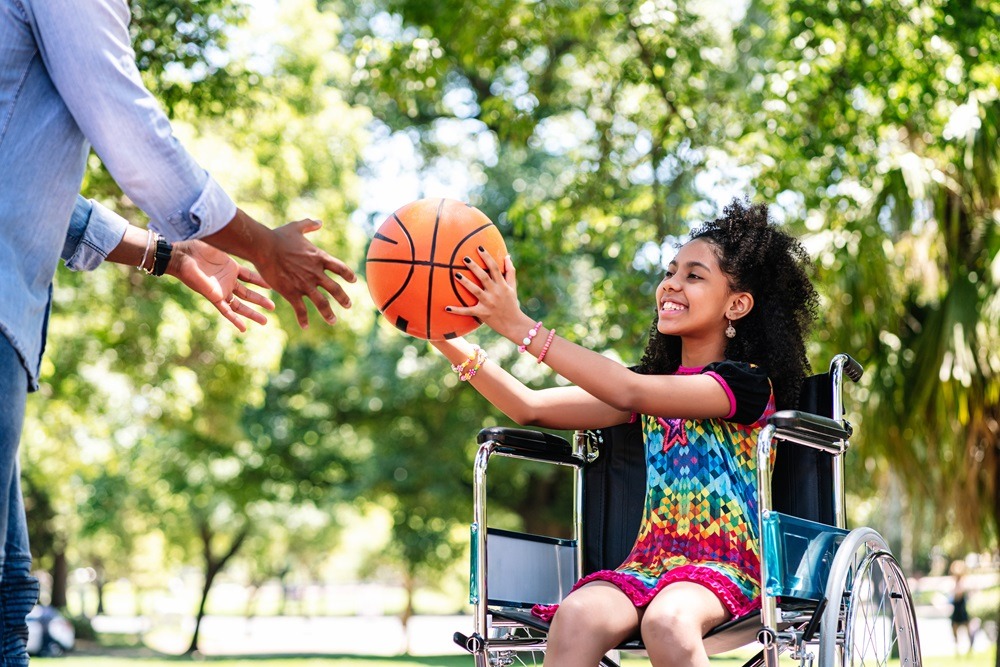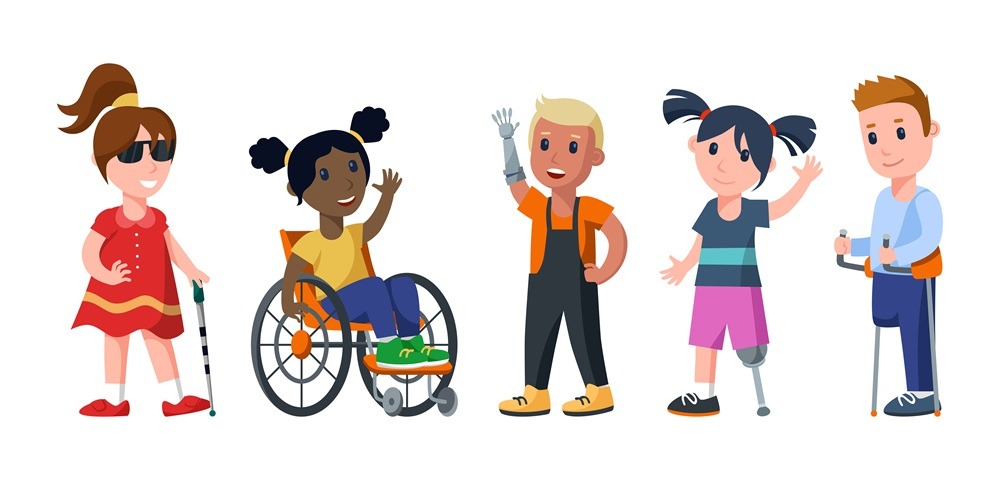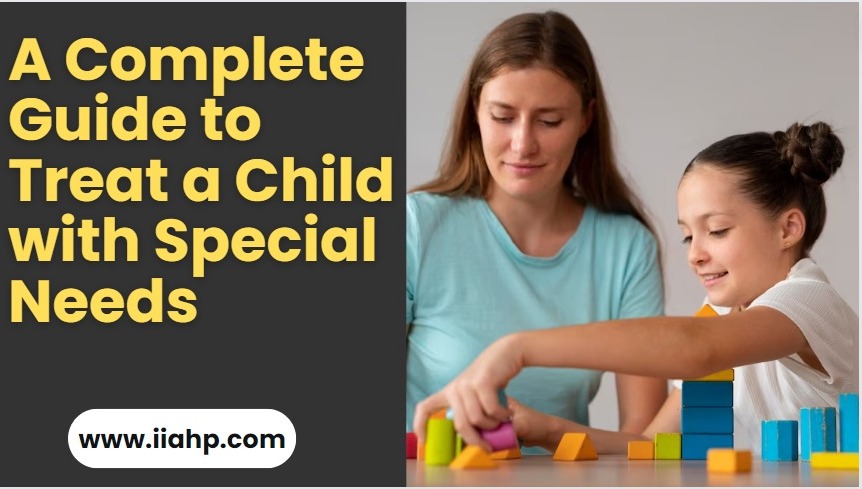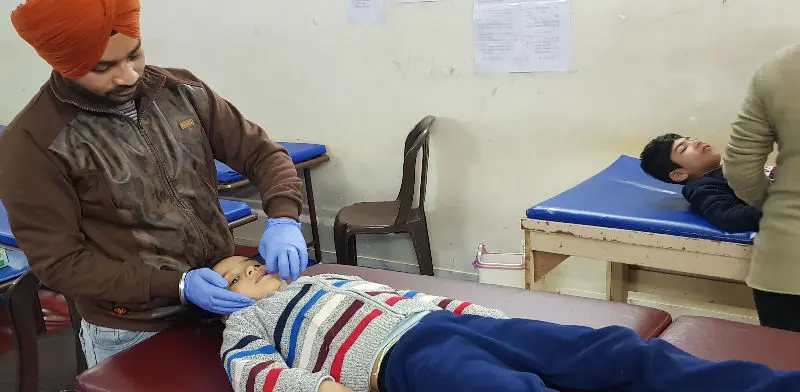Special child treatment is crucial for children who have disabilities that interfere with their brain functioning in terms of motor skills or cognitive skills or both.
Motor skills are important for controlling the body movements to perform a certain task, while cognitive skills play a crucial role in acquiring knowledge and understanding the world around us through experiences, senses, or thoughts.
This guide is all about helping you understand what you can do to treat your special needs child.
What does it mean when we say ‘a child with special needs’?
Though all kids are special and unique in their own ways, a child with special needs is one who needs extra support or help due to some brain developmental issues or other medical conditions.
When a child is brain injured before, during, or after birth, there might be some complications. For instance, due to brain injury, a child cannot see, hear, feel, or respond to the stimulus or world around.When a child is brain injured before, during, or after birth, there might be some complications. For instance, due to brain injury, a child cannot see, hear, feel, or respond to the stimulus or world around.
- Autism spectrum disorder
- Attention-Deficit Hyperactivity Disorder (ADHD)
- Cerebral Palsy
- Down Syndrome (Trisomy 21)
- Developmental delay
- Epilepsy
- Birth Trauma
- Profound Deafness
- Speech delay
- Learning problems
- Intellectual disability, and more
In most cases, parents feel hopeless and helpless when their child is diagnosed with brain injury. Fortunately, there is professional help available for brain injured children. IIAHP is a reputable special child treatment center where we provide the best possible treatment for brain-injured children.

Symptoms of Children with Special Needs
The symptoms of a child with special needs can vary depending on the condition the child has.
For instance:
If a child has ADHD, the child may:
- Fail to focus on things in general
- Seem to not listening to the speaker
- Find it difficult to follow through instructions
- Fail to finish homework, chores, or duties
- Not be able to organize tasks or activities
If a child has Autism, the child may:
- Face speech delay
- Not be able to speak any single words by 16 months of age
- Lack of response when being called by the name
- Have poor eye contact
- Not be able to identify emotions
If a child has Dyslexia, the child may:
- Find it difficult to pronounce and rhyme words
- Have slow or inaccurate reading skills
- Have poor spelling skills
- Confuse certain letters with similar counterparts
Thus, depending on the brain injury or brain developmental disorder, a child may show different symptoms and hence, needs to be treated accordingly.

How to Treat Special Needs Children
Special children treatment is available at IIAHP, located in Chandigarh, India. This special needs children center provides a wide range of therapies for children of age group 2 to 17
Therapies for Special Children
Here are some effective treatments for children with special needs:
1. Brain Gym Therapy
As the name suggests, brain gym therapy is like brain exercise that helps wake up the brain cells and stimulate the brain functioning to make the child active and productive.
2. Listening Therapy
Listening therapy is an effective special child treatment for kids with hearing disability. This therapy focuses on improving the function of the vestibular-cochlear system, responsible for hearing and maintaining stability, balance, and spatial orientation.
3. Ora Facial and Logotherapy
While ora-facial therapy helps strengthen muscle tone to improve feeding and speech skills, logotherapy helps build better parent-child relationship, especially in parents with autistic children.
4. Speech Therapy
Speech therapy for special needs children help develop overall communication skills and social skills so that they can better function in day-to-day life and interact with people around them more effectively.
5. Neuro-Structural Therapy
It is a specialized treatment for children with special needs that helps improve gross (overall) motor function in individuals with neurological problems such as cerebral palsy and increase their independence.
6. Handle Therapy
Handle therapy is based on “there is a reason why people do what they do and it serves a purpose” as it helps us better understand children with special needs.
During handle therapy, a child is given some activities to do daily to become more organized and improve verbal and non-verbal communication, social interaction, eye contact, and sleeping pattern while reducing hypersensitivity.
7. Tactile Therapy
Children with autism often have sensory abnormalities, which impact their social development. Tactile therapy, also known as sensory integration therapy, focuses on improving the response when an autistic or special needs child experiences sensory input.
This therapy can be a part of occupational therapy that involves playful activities that challenge the sensory processing abilities of the child.
Apart from these special kids’ therapies, prism therapy, reflex integration therapy, gymnastic program, art and sensory integration, physiotherapy, homeopathy, encyclopedia program, and various other special child treatments are available at IIAHP.
Our staff is trained by foreign therapists regularly, and we ensure a safe, friendly, and learning environment for children with special needs. Plus, you will also get expert advice on supplements, diets, and nutrition.
If your child is diagnosed with brain injury and you want to know if your child can recover and live well, call +91-7419502101 or email us at info@iiahp.com to schedule a special child treatment consultation at IIAHP.






